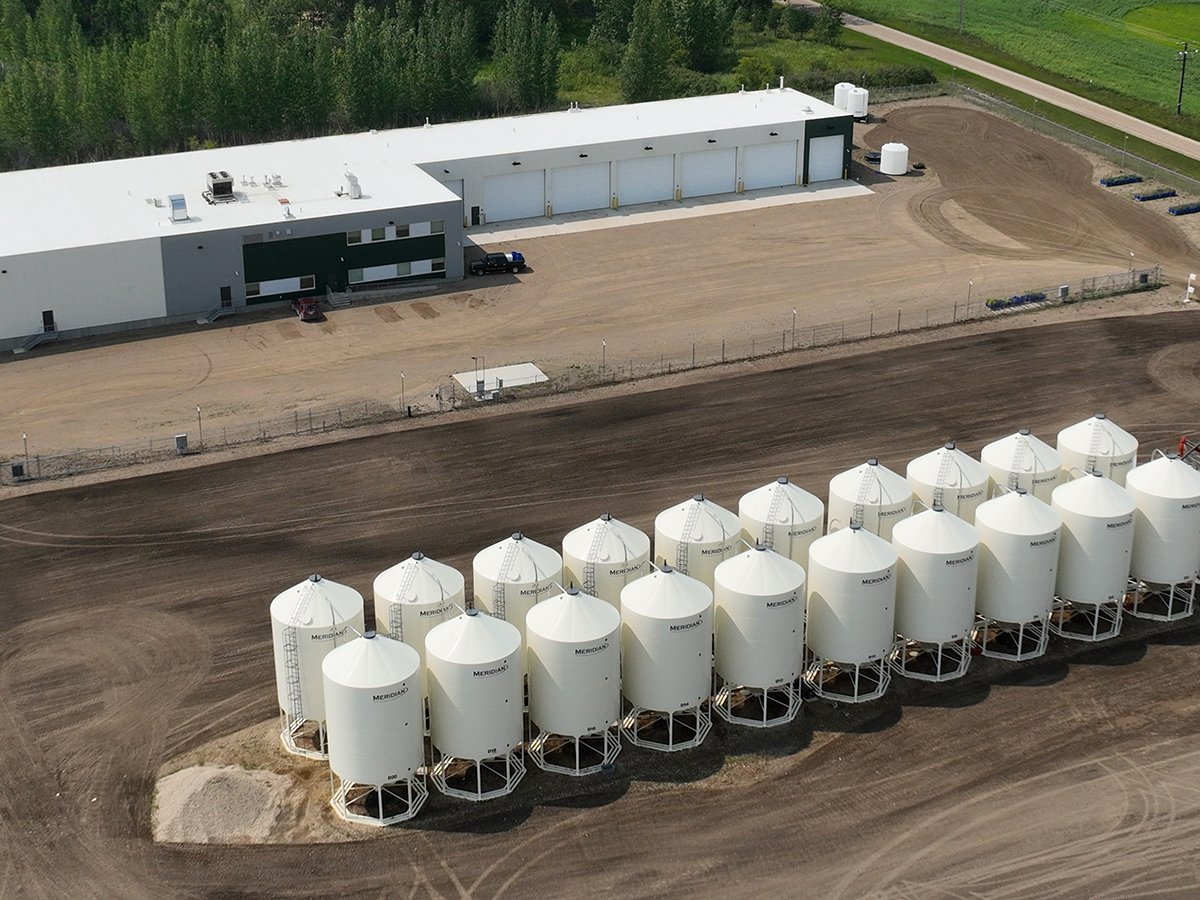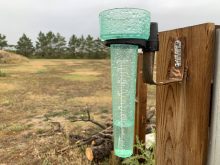CHICAGO, (Reuters) – U.S. seeds and agricultural chemicals maker Corteva Inc said Thursday that it will accelerate production of its next-generation biotech soybean seeds and complementary herbicides in the United States and Canada over the next five years.
The move heightens the competition for sales to farmers with rivals Bayer AG and BASF SE.
Up to 20 percent of U.S. soybean acres this year could be planted with Corteva’s Enlist E3 soybeans, which are genetically modified to withstand applications of three different weed killers, the company said. That forecast was up from Corteva’s prior estimate for plantings on 10 percent of U.S. acres.
Read Also

Saskatchewan firm aims to fix soil with compost pellets
In his business, Humaterra, Leon Pratchler is helping farmers maximize yields in the weakest areas of their fields through the use of a compost pellet.
Corteva also said that starting in 2021 it will significantly reduce over five years its volume of seeds engineered by Bayer to tolerate weed killers based on the chemicals dicamba and glyphosate. Corteva, which spun off last year after a merger of Dow Chemical and Dupont, had previously been set to sell Bayer’s dicamba-resistant Xtend brand soybean seeds for the next few years.
Corteva now expects “minimal use of the trait platform after the completion of the ramp-up of the Enlist weed control system,” according to a statement.
Bayer’s Xtend soybeans have been popular for their robust yields but have drawn complaints, lawsuits and regulatory scrutiny after the dicamba herbicide drifted to neighboring fields and killed plants that were not genetically modified to resist it. The U.S. Environmental Protection Agency in 2018 approved the use of dicamba for two more years, adding restrictions on how it can be used.
Bayer has separately faced lawsuits claiming that its glyphosate-based weed killer Roundup causes cancer. The company said on Friday it reached an agreement with plaintiffs’ lawyers to postpone a Missouri jury trial over such allegations.
Corteva shares were up 4.7 percent in morning trading after the company posted a surprise quarterly profit. Bayer shares were down 1.9 percent, and BASF’s stock was down 1.3 percent.















